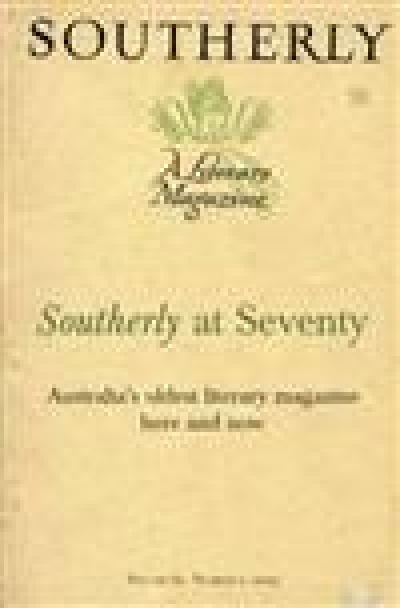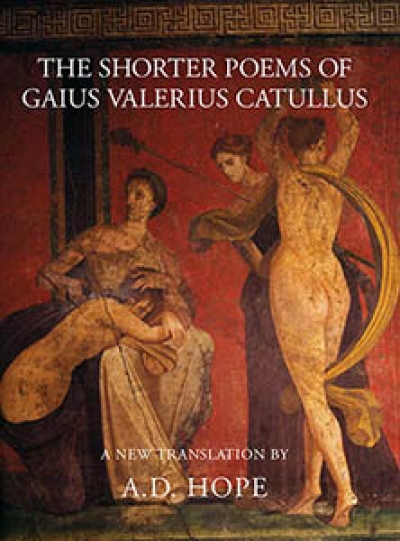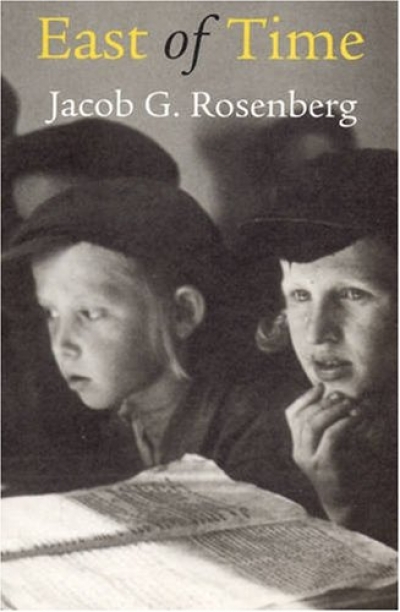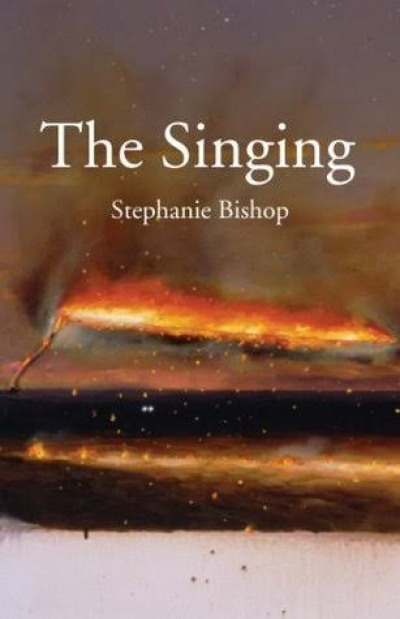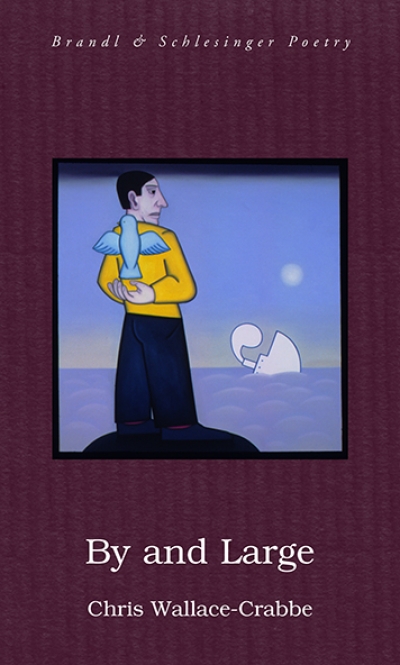Brandl & Schlesinger
Southerly, Vol. 69, No. 2: Southerly At Seventy edited by David Brooks and Elizabeth McMahon
Antipodes, vol. 21, no. 1, 2007 edited by Nicholas Birns & Southerly, vol. 67, no. 1-2, 2007 edited by David Brooks and Noel Rowe
The Shorter Poems of Gaius Valerius Catullus by Gaius Valerius Catullus, translated by A.D. Hope
The Singing by Stephanie Bishop & The Patron Saint Of Eels by Gregory Day
Kevin Brophy reviews 'City and Stranger' by Aileen Kelly, 'In Your Absence: Poems 1994–2002' by Stephen McInerney, and 'Flying Blind' by Deborah Westbury
‘Some meteorites make it to the surface simply because they’re so small that they literally float to the ground. There are thousands of these interplanetary particles in the room you’re in now, stuck to your clothes, in your hair, everywhere.’ This startling piece of information introduces Aileen Kelly’s ‘Notes from the Planet’s Edge’ in her new book, City and Stranger (Five Islands Press, $16.95 pb, 88pp), whose cover features Russell Drysdale’s iconic image of Woman in a Landscape. This bushwoman, then, is stuck with interplanetary particles or, as Kelly puts it, ‘the invisible sift of space’. Drysdale’s woman is transformed from the Australian legend in the dirt-coloured smock, wearing those oddly impractical white shoes, into a figure framed by an immense and moving universe. We look for this in poetry – the breaking of frames, the pleasure of surprise and discovery, and the contest between language and experience.
... (read more)
